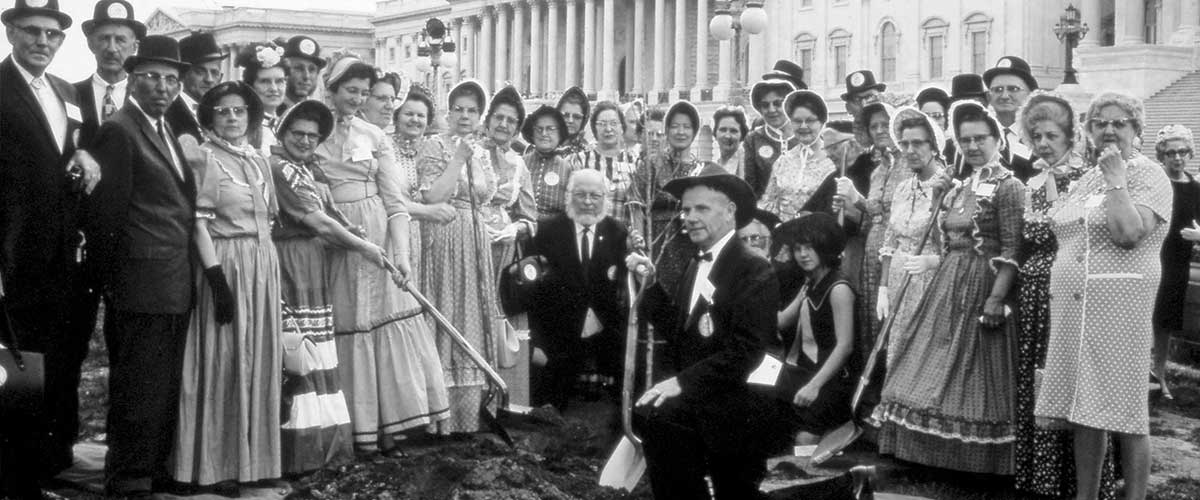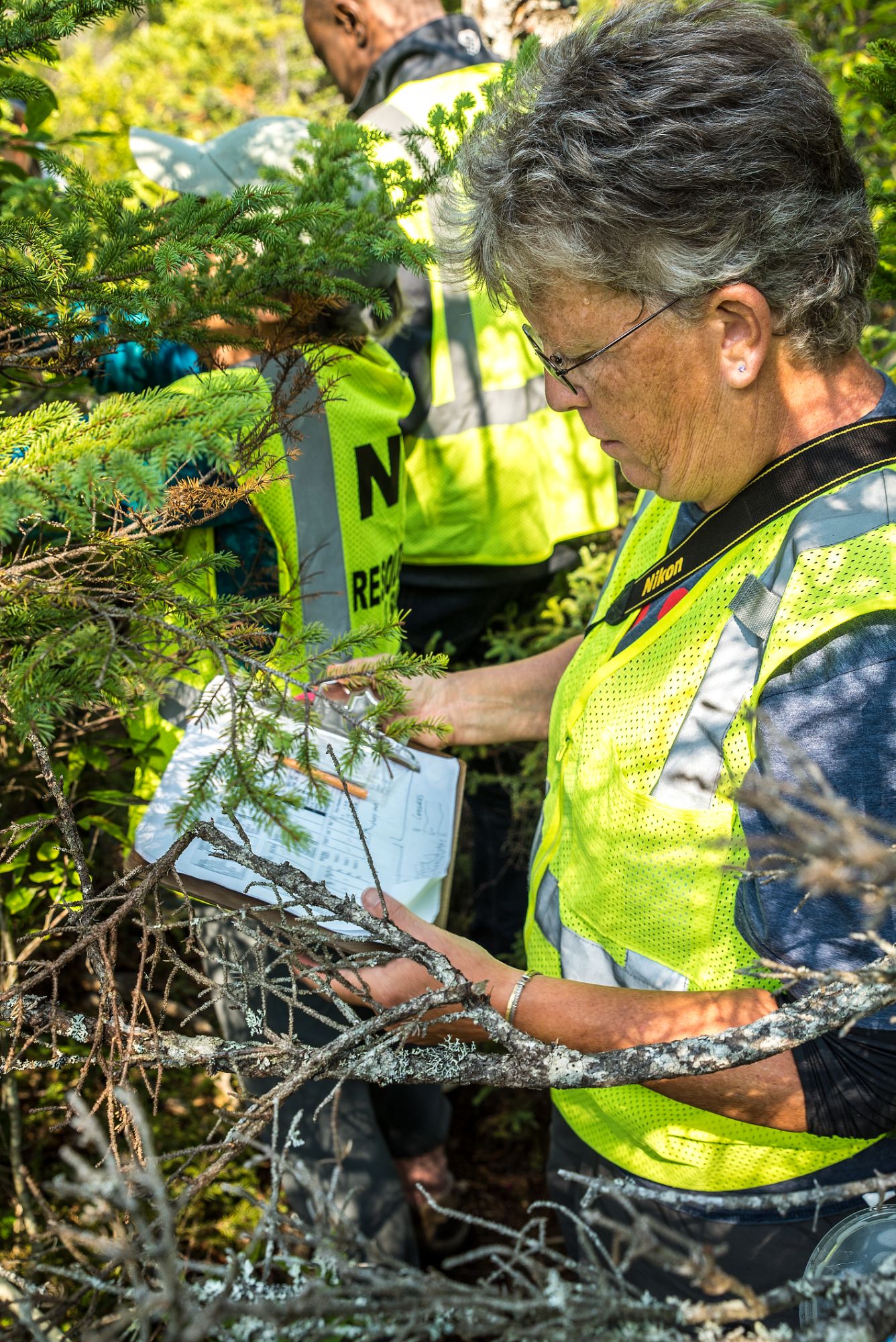Arbor Day the FFT Way

When Sterling Morton went west in the 1870s, he found the Nebraska territory’s lack of trees a real issue – agriculturally and aesthetically. The newspaper editor proposed a “tree planting holiday” that we continue to celebrate on the last Friday of April. This Arbor Day we highlight the plans of one our our newest Fellows, Megan McCall (Daphne, AL). This summer, Megan will participate as a citizen scientist in the Earthwatch program “Climate Change: Sea to Trees At Acadia National Park” to gain credibility through first-hand experience with data collection and guide students’ research projects that validate the existence of climate change.
“Students are often curious about the topic, but are confused about what climate change actually is and often mistake it as ‘a hole in the ozone layer,'” said Megan. “Climate change can be a daunting subject because it requires us all to make adjustments to our creature comforts; however, I believe climate change must be addressed for students to become informed citizens. If they do not understand the topic, they will not have information rooted in science and not be able to make informed decisions affecting the future of our valuable resources.”
A goal of this Earthwatch program is to determine the response of the composition and structure of the park’s mainland and island forests and associated understory communities. Bayside Academy, where Megan teaches, is located directly on Mobile Bay, which has a coastline very similar to Acadia National Park. She plans to use data collected from her fellowship to guide middle school students’ comparisons of Acadia National Park with the wetlands and delta literally in their own backyards.
The big questions Megan hopes to answer are: How are the scientists collecting the data, what is the historical data, and how can she translate these methods to research studies her students can conduct on campus.
“The most critical time for students learning science is middle school as there are many research studies which indicate this is when many students loose interest and become disengaged,” said Megan. “As a teacher for 18 years, I understand this is typically when science becomes more abstract and being able to offer them real world research topics will definitely help them see the relevance of the topic of climate change and be more engaging.”
Follow Megan’s fellowship on Instagram.
[minti_divider style=”1″ icon=”” margin=”20px 0px 20px 0px”]
Megan is a two-time FFT Fellow. In 2014 she conducted environmental investigations in Hawaii that incorporated the cultural values of kuleana (responsibility), malama (caring) and laulima (cooperation) to cultivate students’ STEM skills. She holds an undergraduate degree in environmental science, a master’s in secondary education-general science, and a doctoral degree in education-instructional design and development. Megan is the winner of the Presidential Award for Excellence in Math and Science Teaching award (the nation’s highest honor in K-12 teaching); the 2013 Secondary Science Teacher of the Year given by the Alabama Science Teachers Association; the 2015 STEM Teacher of the Year given by the Air Force Association and Mobile Chamber of Commerce and a 2015-2106 Fulbright Distinguished Award in Teaching for studying science education in New Zealand. We are grateful that Megan will be co-leading Fund for Teacher’s Innovation Circle on social emotional learning this summer.
 Back to Blogs
Back to Blogs

